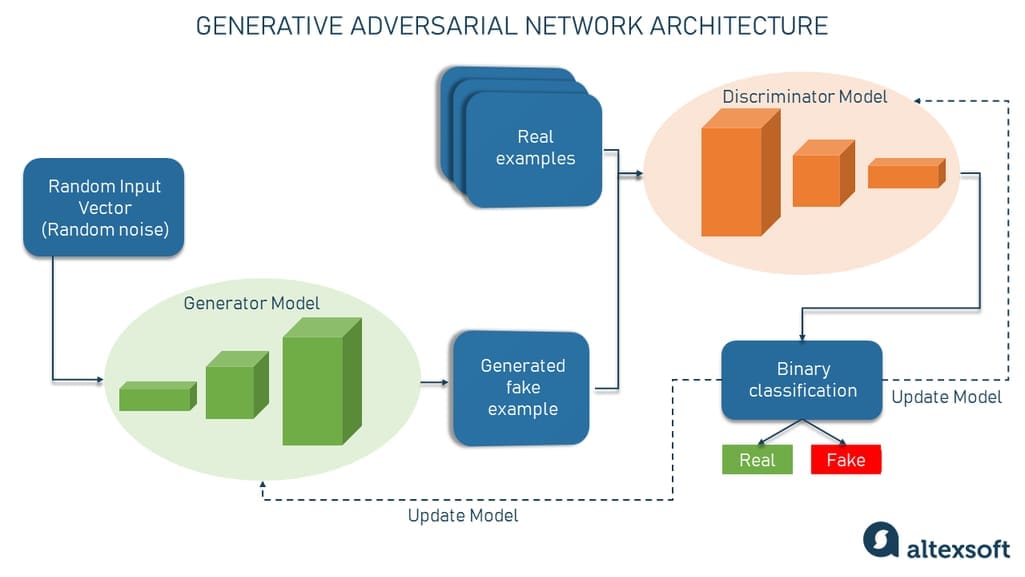Europe sets benchmark for rest of the world with landmark AI laws
Europe is paving the way for AI regulation with its groundbreaking laws set to come into effect next month. The European Union's AI Act, endorsed by EU countries, is poised to set a global standard for the use of artificial intelligence in various sectors, from business to everyday life.
Comprehensive Regulation
The EU's AI Act stands out for its comprehensive approach compared to the more lenient strategies of other major players like the United States and China. While the US relies on voluntary compliance, China's focus is on maintaining social stability and state control.

The recent endorsement by EU countries follows the backing of the AI legislation by EU lawmakers, who made significant changes to the draft proposed by the European Commission in 2021.
Addressing Technological Challenges
One of the main objectives of the AI Act is to address concerns related to misinformation, fake news, and copyright issues stemming from the increasing use of generative AI systems. These systems, including ChatGPT by OpenAI and Gemini by Google, have raised alarms globally.

Belgian digitisation minister Mathieu Michel emphasized the significance of the law in dealing with a global technological challenge. The AI Act promotes trust, transparency, and accountability in handling new technologies, fostering innovation in European economies and societies.
Key Provisions
The AI Act imposes stringent transparency requirements on high-risk AI systems, with more relaxed obligations for general-purpose AI models. It also limits governments' use of real-time biometric surveillance to specific cases, such as certain crimes, terrorist attack prevention, and serious crime investigations.
Moreover, the legislation extends its impact beyond the EU borders. Companies outside the EU that utilize EU customer data in their AI platforms will be required to comply with the regulations. The global influence of the AI Act is expected to inspire other countries and regions to adopt similar frameworks.
Timeline and Enforcement
While the legislation will officially apply in 2026, certain bans on AI applications will take effect sooner. Restrictions on social scoring, predictive policing, and facial image scraping from the internet or CCTV footage will be enforced six months after the regulation goes into effect.

Penalties for non-compliance range from 7.5 million euros ($8.2 million) or 1.5% of turnover to 35 million euros or 7% of global turnover, depending on the nature of the violations.










